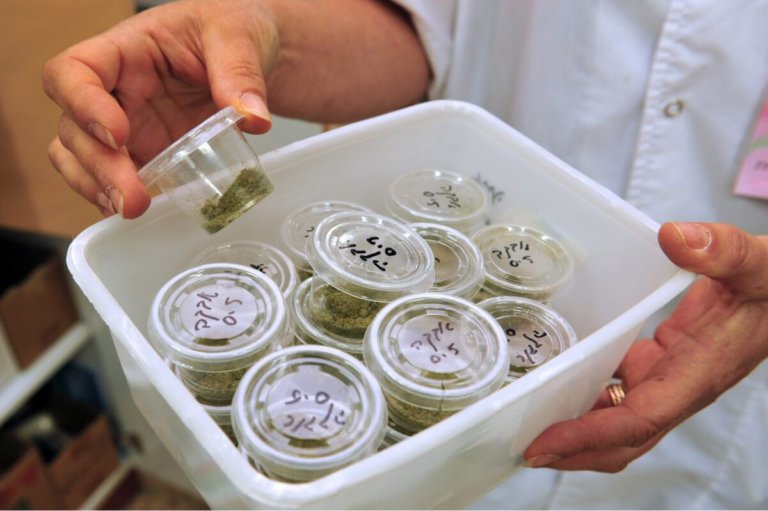
Cannabis is a plant with many nicknames – marijuana, weed and pot, among many more – but its legalisation in some countries suggests demand for professionals in the cannabis industry can only grow in the future.
Countries such as Uruguay and Canada are the first and second countries respectively to have legalised the recreational use of cannabis. The use of medical marijuana has been legal in Canada since 2001, while Thailand is the first country in Southeast Asia to legalise medical marijuana. The plant is “cultivated under strict control and only for research and development” in the Land of Smiles, said a CNA Insider report.
“Unlike alcohol and cigarettes, marijuana has great health benefits such as treating cancer, Alzheimer’s and insomnia,” claimed Thai politician Anutin Charnvirakul, head of the Bhumjaithai Party in South China Morning Post (SCMP).
A Vice report notes that within Latin America, the countries predicted to legalise cannabis in the near future include Mexico, Colombia, Argentina, Peru, Ecuador, Chile and Venezuela; while other countries that may later follow suit include New Zealand and Australia, among many others across Europe and elsewhere. As for North Korea, they predicted “never”.
While there are still many countries who have yet to embrace legalising cannabis for either medical or recreational use, it’s clear that the tide can shift, opening up opportunities from the legal, medical, production and research arenas.
An AFP report said: “Arcview Market Research, which focuses on cannabis industry trends, projects the industry will support 467,000 jobs by 2022.”
The cannabis curriculum
The nation’s first grad program dedicated to the study of #medicalcannabis, @umsop‘s program @UatShadyGrove is designed for people interested in a career in the medical cannabis industry, whether in a clinical, scientific, or policy role. Apply by Aug. 15 for the fall semester! https://t.co/FQs71yvS2x
— University of Maryland, Baltimore (@UMBaltimore) June 26, 2019
Seeing the potential of the cannabis industry, universities are offering programmes in anticipation of jobs in the field.
The University of Maryland in the US is said to be the first in the country to launch a graduate programme in medical cannabis. According to the institution’s website, the MSc in Medical Cannabis Science and Therapeutics programme “provides students with the knowledge they need to support patients and the medical cannabis industry, add to existing research and develop well-informed medical cannabis policy”.
It is “designed for students who are interested in a career in the medical cannabis industry, whether in a clinical, scientific or policy role”.
Meanwhile, Northern Michigan University (NMU) offers an undergraduate programme in Medicinal Plant Chemistry.
On its website, NMU notes: “No other four-year undergraduate degree programme in the world combines rigorous coursework in chemistry and biology with research and hands on instrumental analysis built into the curriculum to prepare its graduates for a career in the cannabis industry.
“The additional focus on entrepreneurship and laboratory accreditation standards means that our graduates will not only be qualified to perform the instrumental analysis in a laboratory, but will also be empowered to build their own testing laboratory, dispensary, and growing operation from the ground up.”
Canadian institutions also have a wide range of offerings. For example, Niagara College offers students a Commercial Cannabis Production graduate certificate; McGill University conducts workshops on medical Cannabis production and quality control; Loyalist College has Cannabis Applied Science graduate certificate and the University of Ottawa offers a programme on cannabis law.







